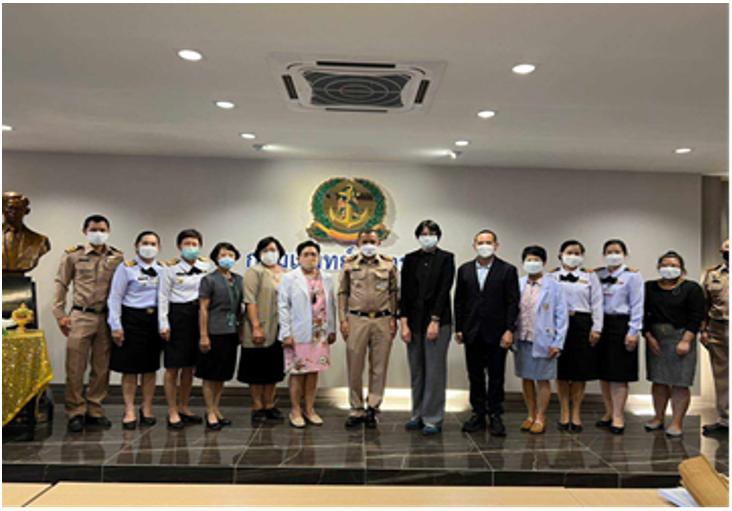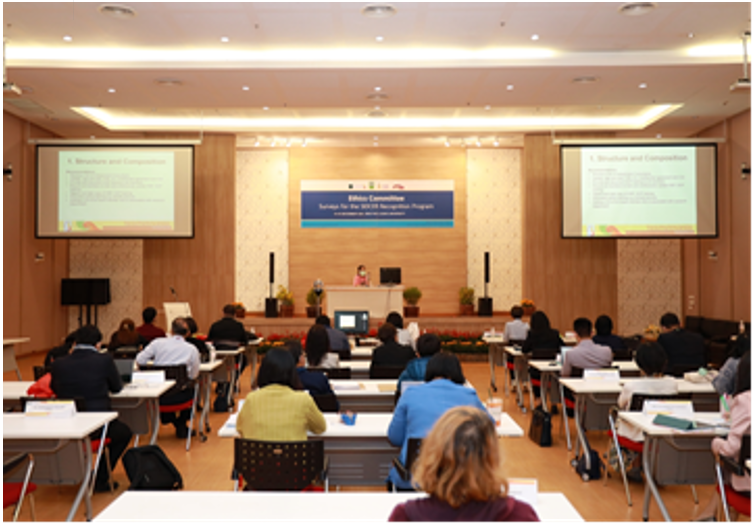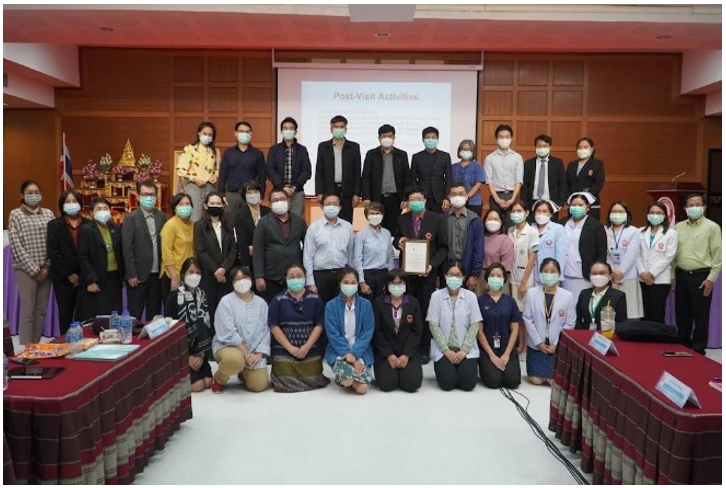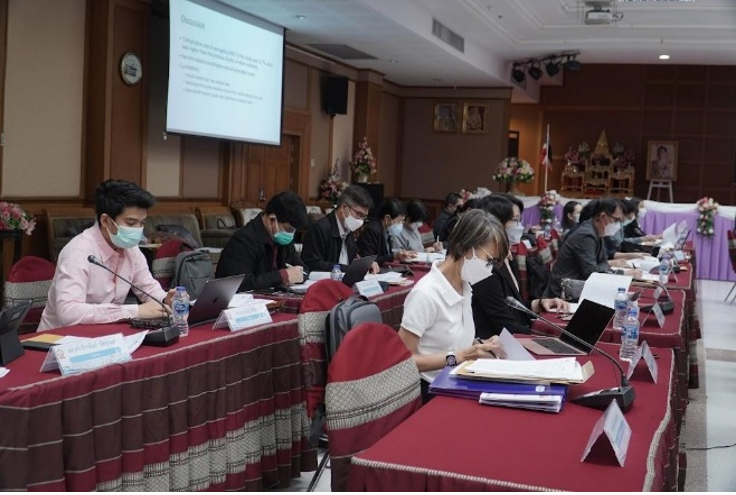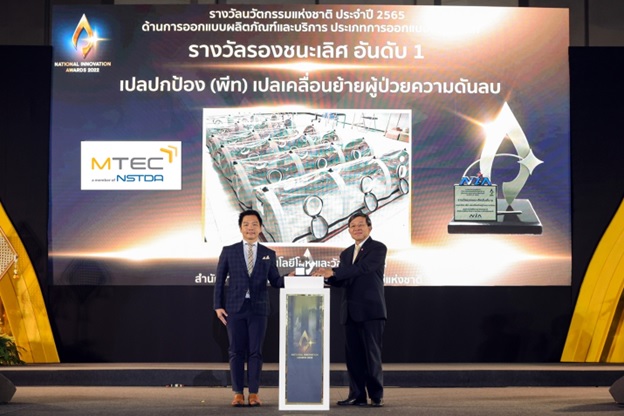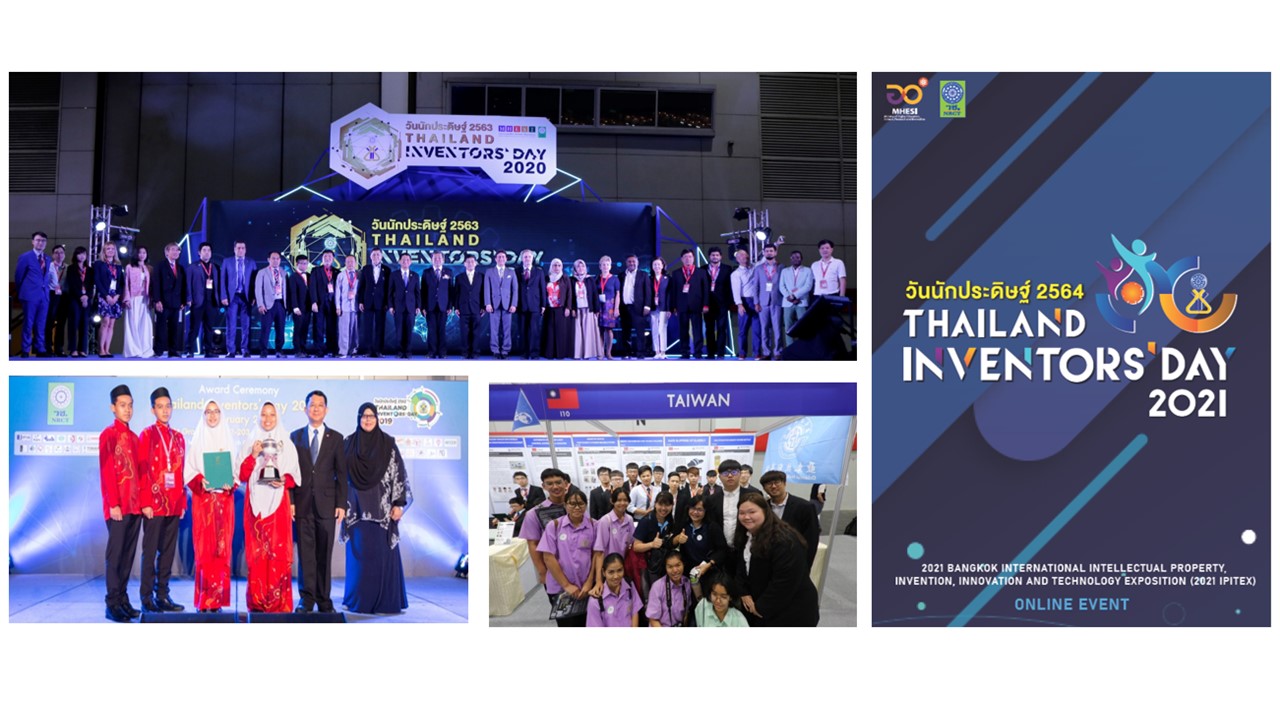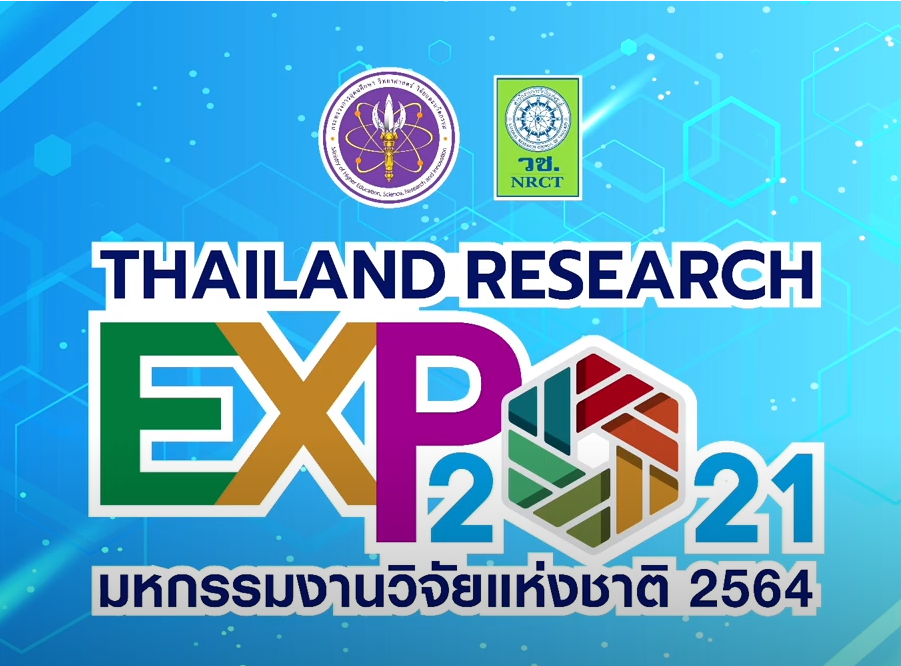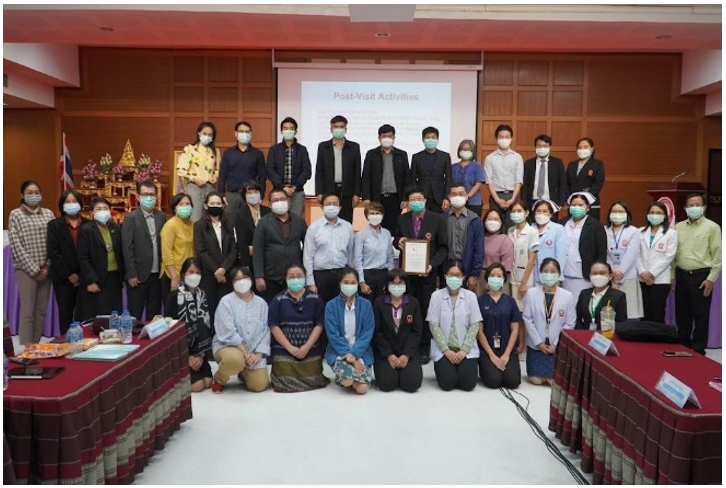
NECAST Accreditation/Survey of Research Ethics Committees (RECs) in Thailand
The National Ethics Committee Accreditation System of Thailand is the body to promote the development of standard research ethics committee in the country, created by the National Research Council of Thailand (NRCT), hereinafter referred to as NECAST. NRCT have the funds to support the conduct of REC accreditation trainings and visits.
The ACCREDITATION / SURVEY will be conducted to ensure that the REC is effective, efficient and independent in the performance of its duties. It helps improve not only the substantive but also the procedural aspects of scientific and ethical review of researches involving human participants, and capacitates RECs to do quality scientific and ethical review to ensure the safety and protection of the right and welfare of the participant in research. Specifically ACCREDITATION aims to.
- Evaluate the RECs and to provide feedback on its practices and overall performance to ensure best standards of quality and transparency in ethical review.
- Review the REC Standard Operating Procedures (SOP) and the committee’s adherence to these procedures.
- Observe REC compliance to international, national and local standards
On the other hand, the SURVEY aims to:
- Recognize RECs based on the following
- quality of Research Ethics Committee or Institutional Review Board.
- adherence to specific policies for ethical review; and
- completeness of its review process, after review process, and documentation.
Recognition Certificate
Ethics Committee will be recognized the quality of the committee bases on 5 areas
- Standard 1 : Structure and composition of Ethics Committee (EC)
Structure composition and skill of the EC and staff are appropriate to the amount and nature of research reviewed. - Standard 2 : Adherence to specific policies Ethics Committee has appropriate management and operational procedures for optimal and systematic conduct of ethical review.
- Standard 3 : Completeness of its review process Ethics Committee reviews protocols and its supporting documents in a timely fashion according to an established procedure to protect the interest of research participants.
- Standard 4 : After review process Ethics Committee adequately and effectively communicates its decision to investigators.
- Standard 5 : Documentation and archiving Ethics Committee systematically documents and archives its activities for a good time period.



